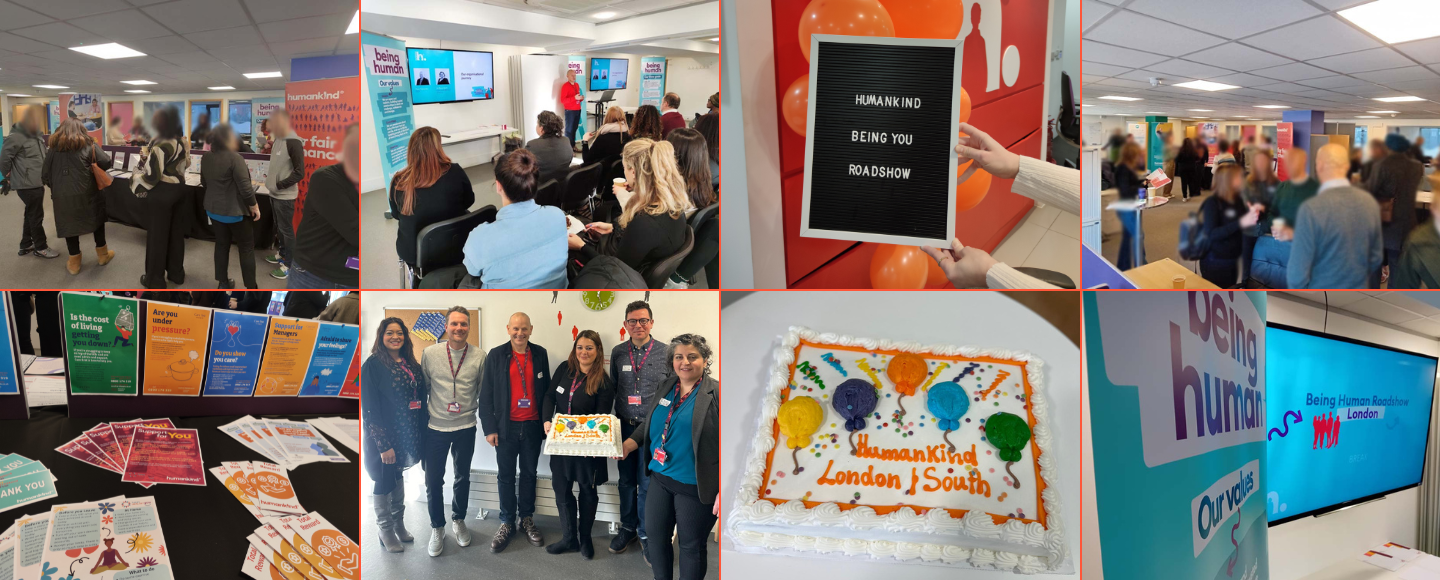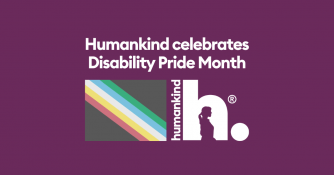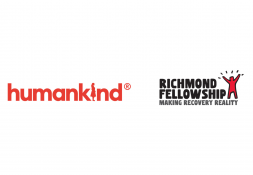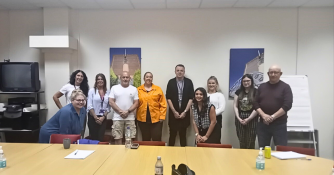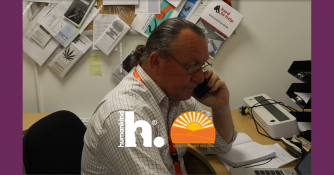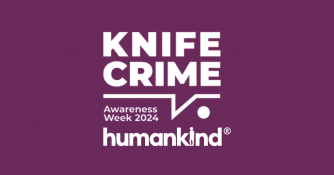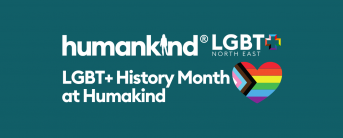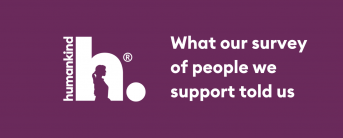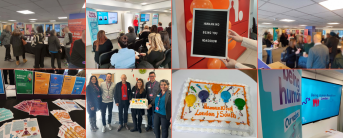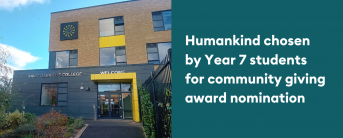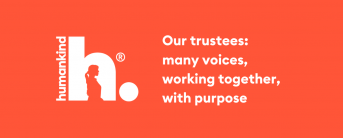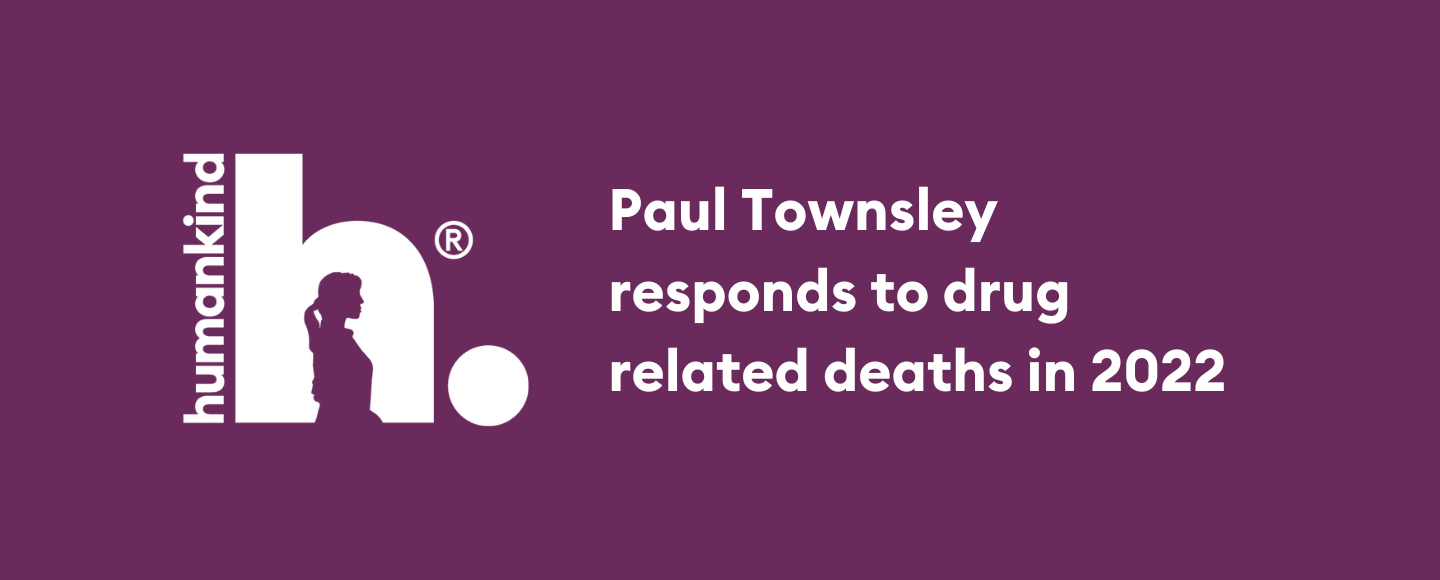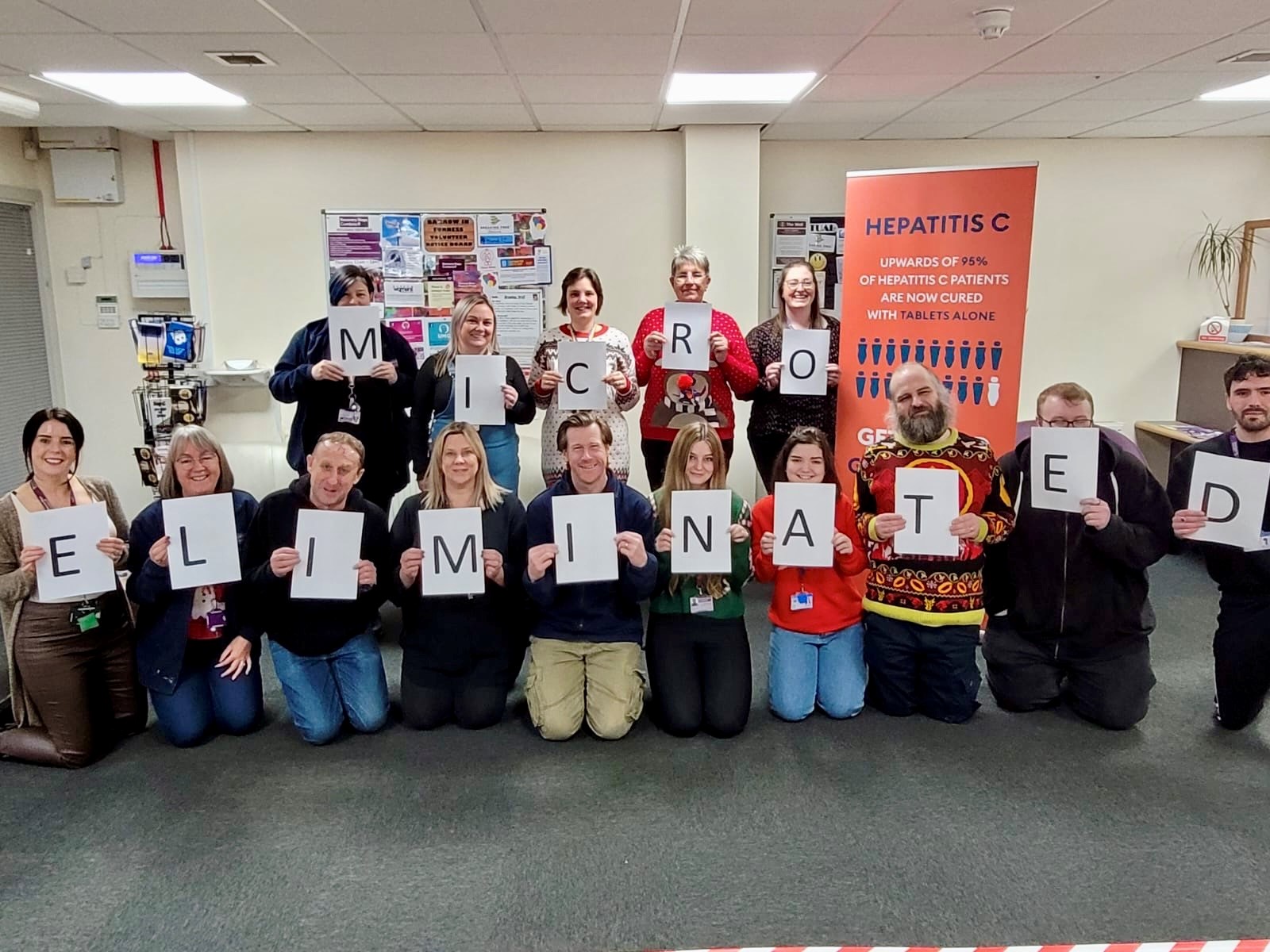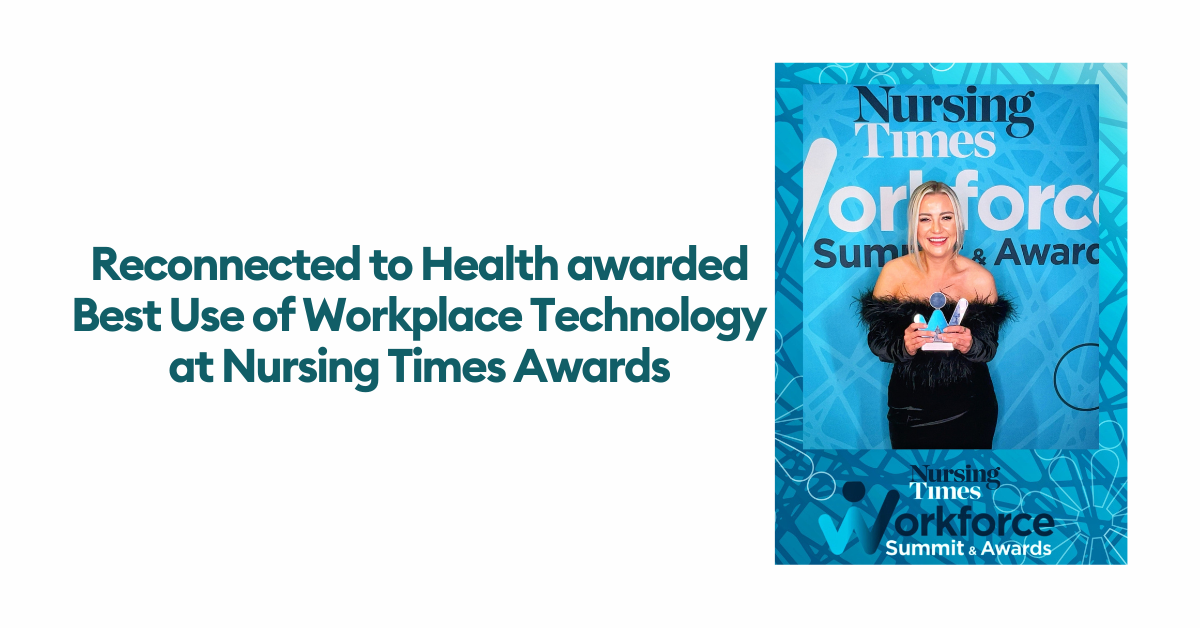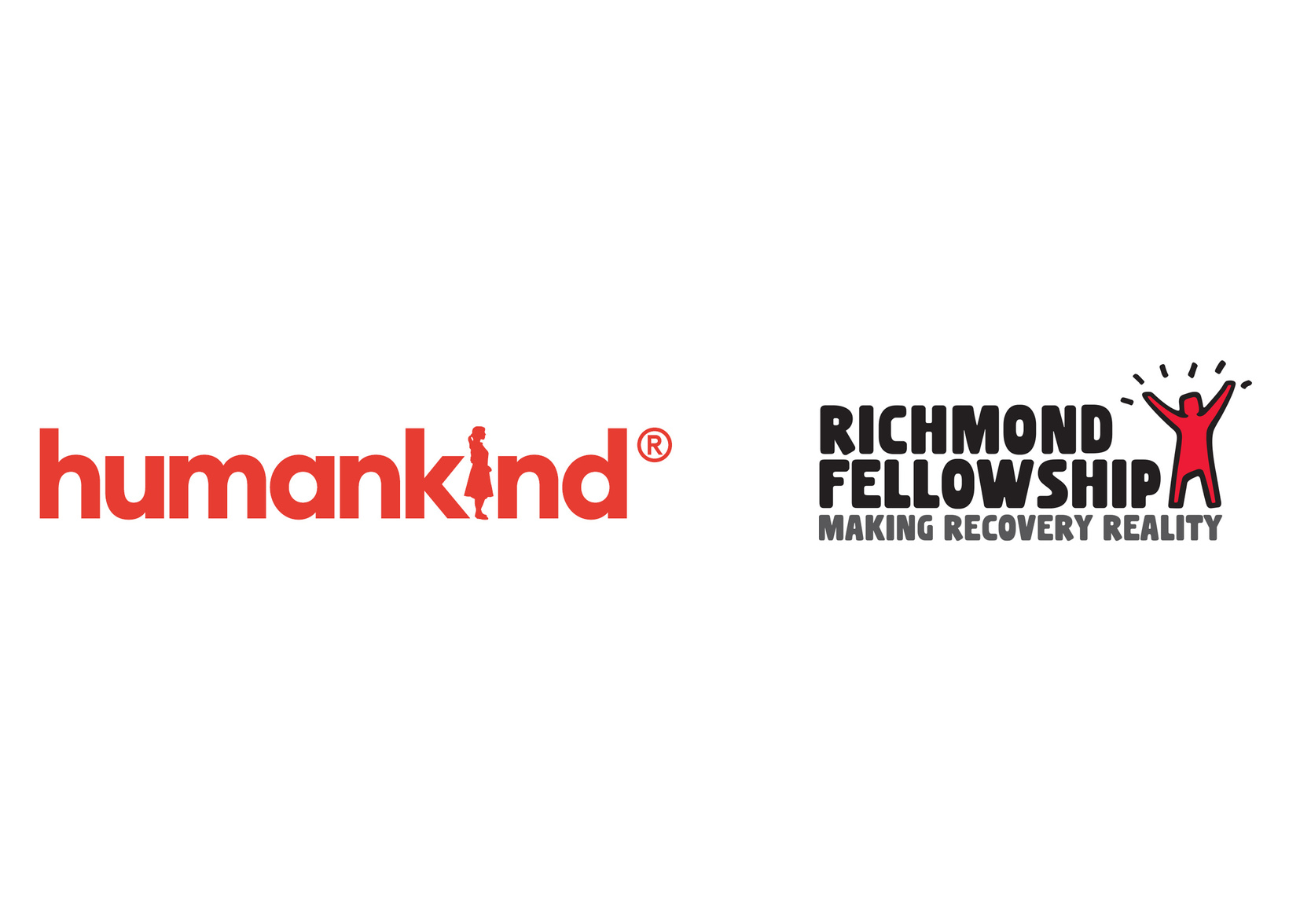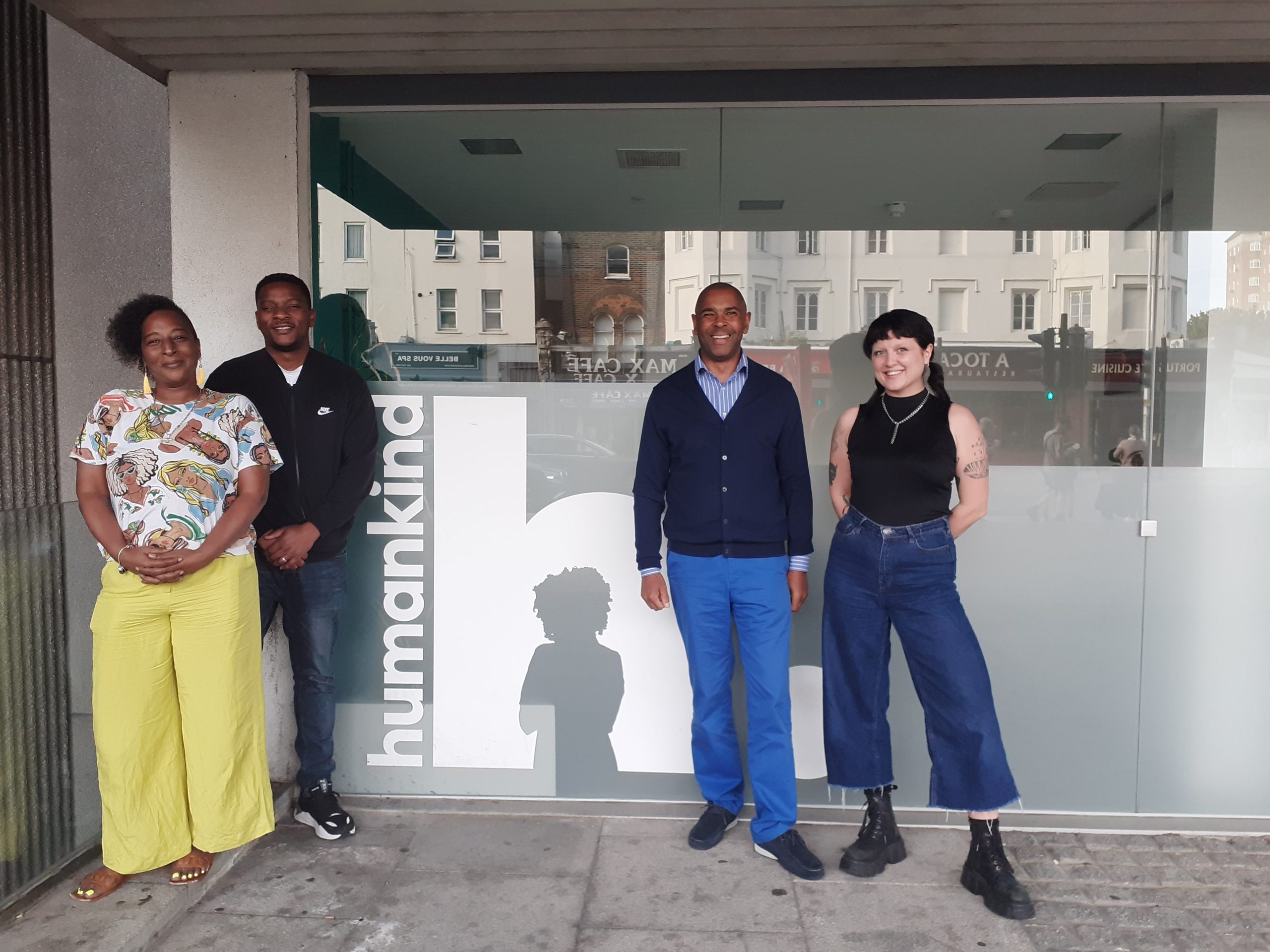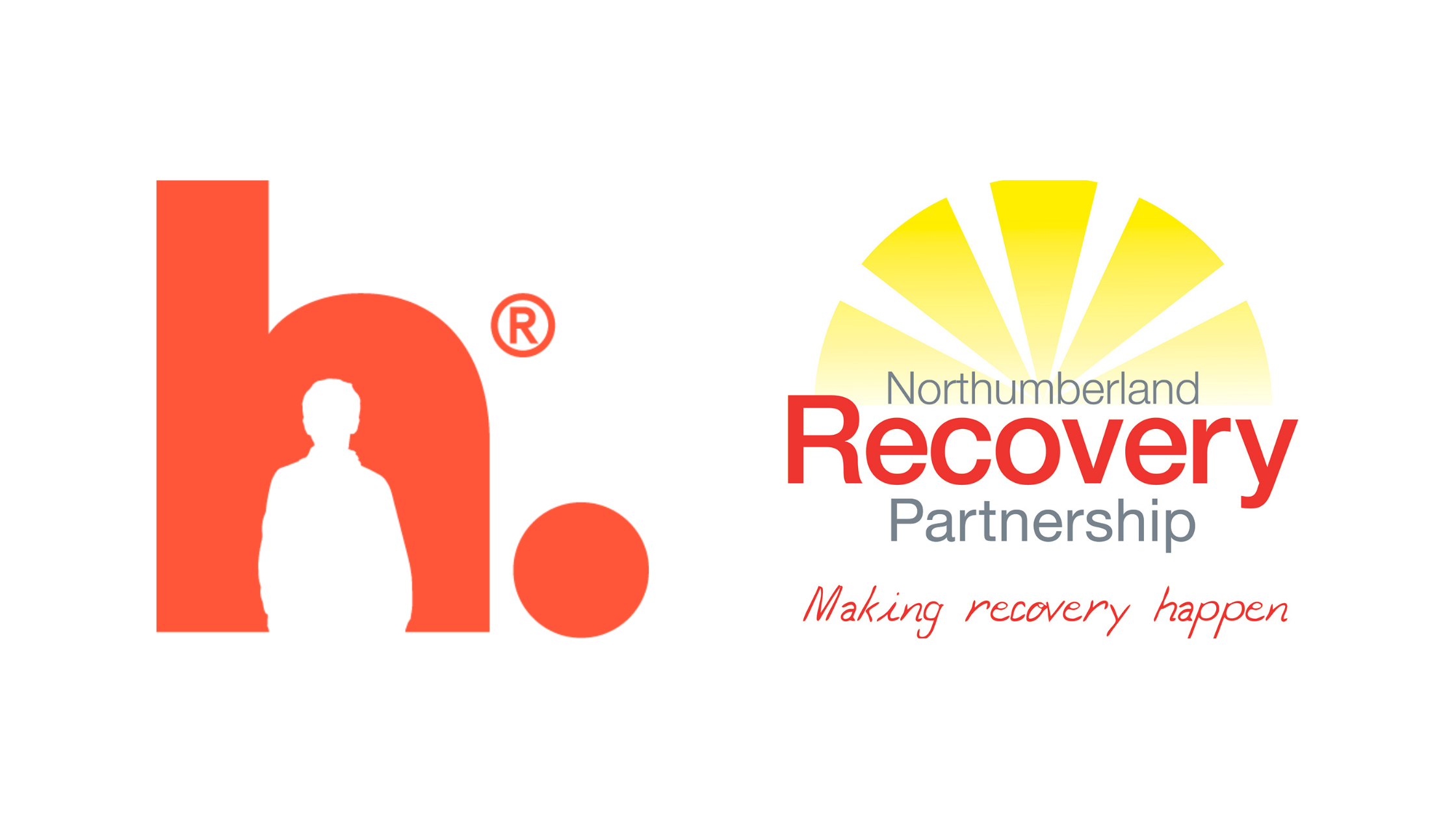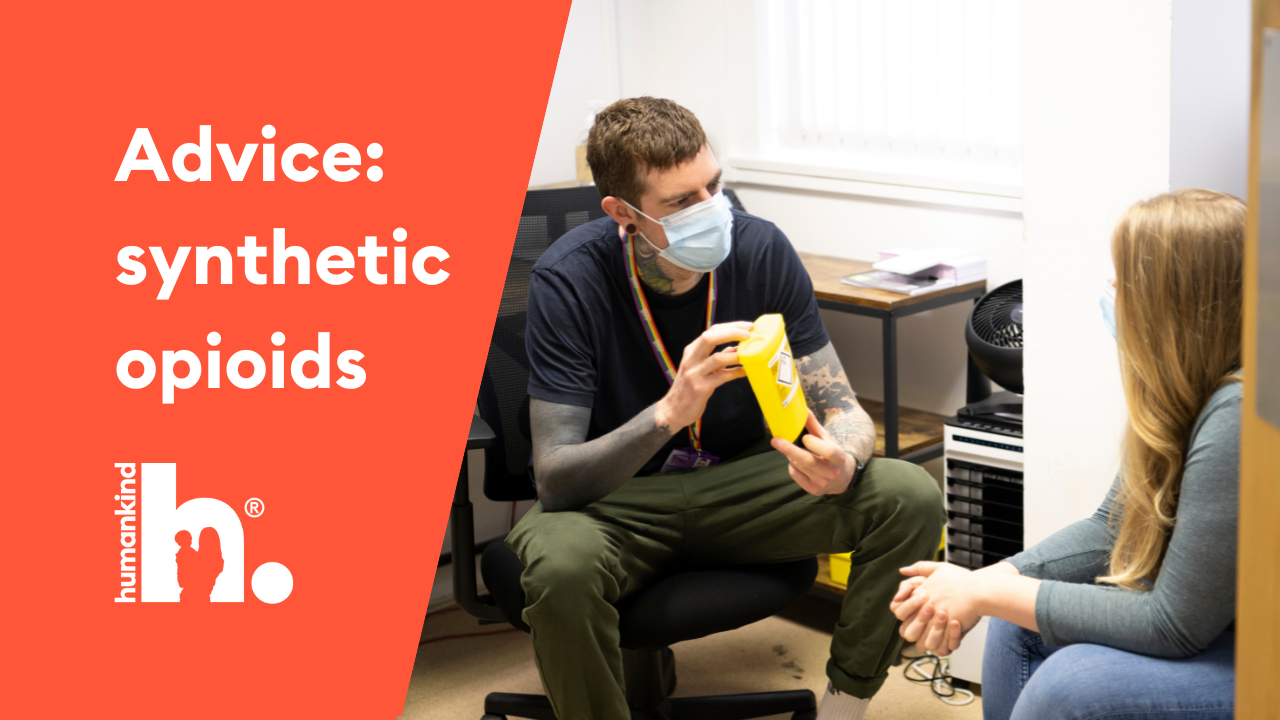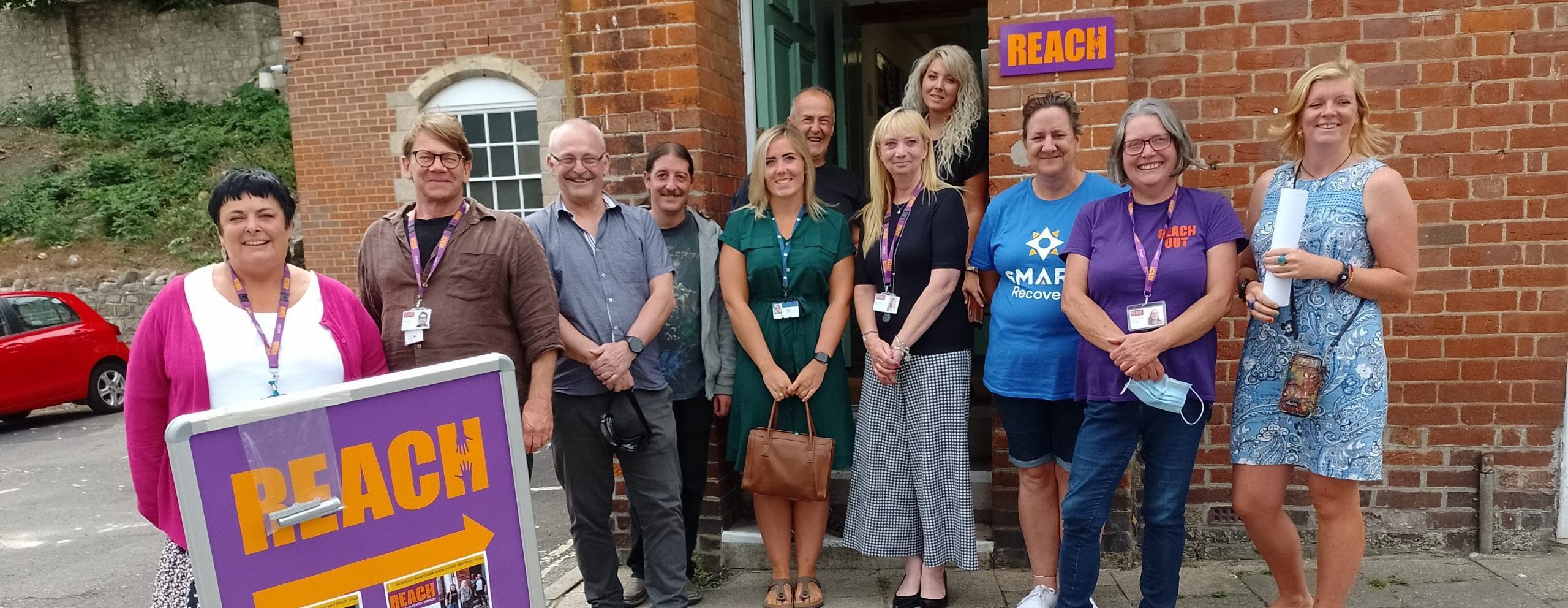We are delighted to highlight Recovery Steps in South Cumbria as the first of Humankind’s services to micro-eliminate hepatitis C.
Recovery Steps in South Cumbia, which we run in partnership with The Well, offers integrated drug and alcohol services operating from sites in Barrow in Furness and Kendal since October 2021.
Hepatitis C is a blood borne virus (BBV) that can cause damage to the liver if left untreated. People who inject drugs are particularly at risk of contracting a BBV.
One aspect of the support Recovery Steps Cumbria provides is to actively test people for hepatitis C, and ensure treatment is available if a positive test is returned.
Deborah Moores, National Hepatitis C Coordinator at Humankind, said:
“I am absolutely delighted that Recovery Steps in South Cumbria has micro eliminated hepatitis C. This has undoubtedly improved and even saved the lives of people we support.
“It’s fair to say this has been a marathon and not a sprint, but the excellent partnerships between the Operational Delivery Networks (ODN), hepatitis C nurses, The Hepatitis C Trust and the dedication of our team in South Cumbria has resulted in Humankind micro eliminating the virus for the first time in a Humankind-led service. Considering Recovery Steps Cumbria is a little over two years old, it is a remarkable achievement.”
What does it mean to have ‘micro-eliminated’ hepatitis C?
Micro-elimination has been developed as a new way of tackling hepatitis C in local areas. It uses a series of targets to ensure that people are being diagnosed and getting the treatment they need quickly and easily.
Micro-elimination of hep C means that Recovery Steps Cumbria have reached the following targets:
- 100% of people in treatment have been offered a hepatitis C test.
- 100% of those with a history of injecting drugs have been tested and have a known antibody status.
- 90% of people who currently used drugs which are injected, or have done so previously, have had a hep C test date within the last 12 months and have a known antibody status.
- 90% of HCV positive patients have commenced treatment.
By meeting all the four criteria, Recovery Steps Cumbria has micro eliminated hepatitis C in South Cumbria.
Testing for hep C is undertaken by recovery coordinators at Recovery Steps Cumbria, but the BBV screening and provision of treatment for positive patients has been facilitated by Healthcare Assistant Chelsie Goldsack, who has been heavily praised by the team for her work.
To ensure 100% accuracy of reporting, the data at the service has been collated manually and we regularly cross reference data with the Operational Delivery Networks (ODN). The service enjoys an effective partnership with the ODN and the Hepatitis C Trust who have supported them towards achieving elimination.
Becky White, Area Manager at Recovery Steps Cumbria, said:
“I couldn’t be prouder of my South Cumbria team’s work to achieve micro-eliminate of hepatitis C. Our recovery coordinators have devoted so much time to testing for hep C, and ensuring people receive the treatment they need, which has a direct impact on ensuring they can live a life that is meaningful to them.”
As well as testing and treatment, prevention of infection is important and we offer a Needle and Syringe Programme (NSP) in Cumbria for this reason. People who use our services can access clean needles and equipment for free. Providing the NSP ensures the reduction of substance related health and social harms, including transmission of BBVs.
Dr Ioannis Gkikas, Clinical Lead for the Lancashire and South Cumbria Hepatitis C ODN, said:
“I would like to extend my congratulations to the service for this remarkable achievement within an impressive two-year timeframe.
Your commitment, systemic approach in testing and unwavering dedication to the elimination of hep C plan have undoubtedly played a pivotal role in reaching this milestone.
“It is truly commendable that this has been achieved at such an accelerated pace. On behalf of the Hepatitis C ODN in Lancashire and South Cumbria, I extend my sincere thanks and appreciation to the team for this outstanding achievement.
“Your collective commitment to this cause is making a significant impact on shared goal of eliminating hepatitis C.”
To learn more about Recovery Steps Cumbria and see a full list of places involved in the Needle and Syringe Programme, please visit www.humankindcharity.org.uk/service/recovery-steps-cumbria/
